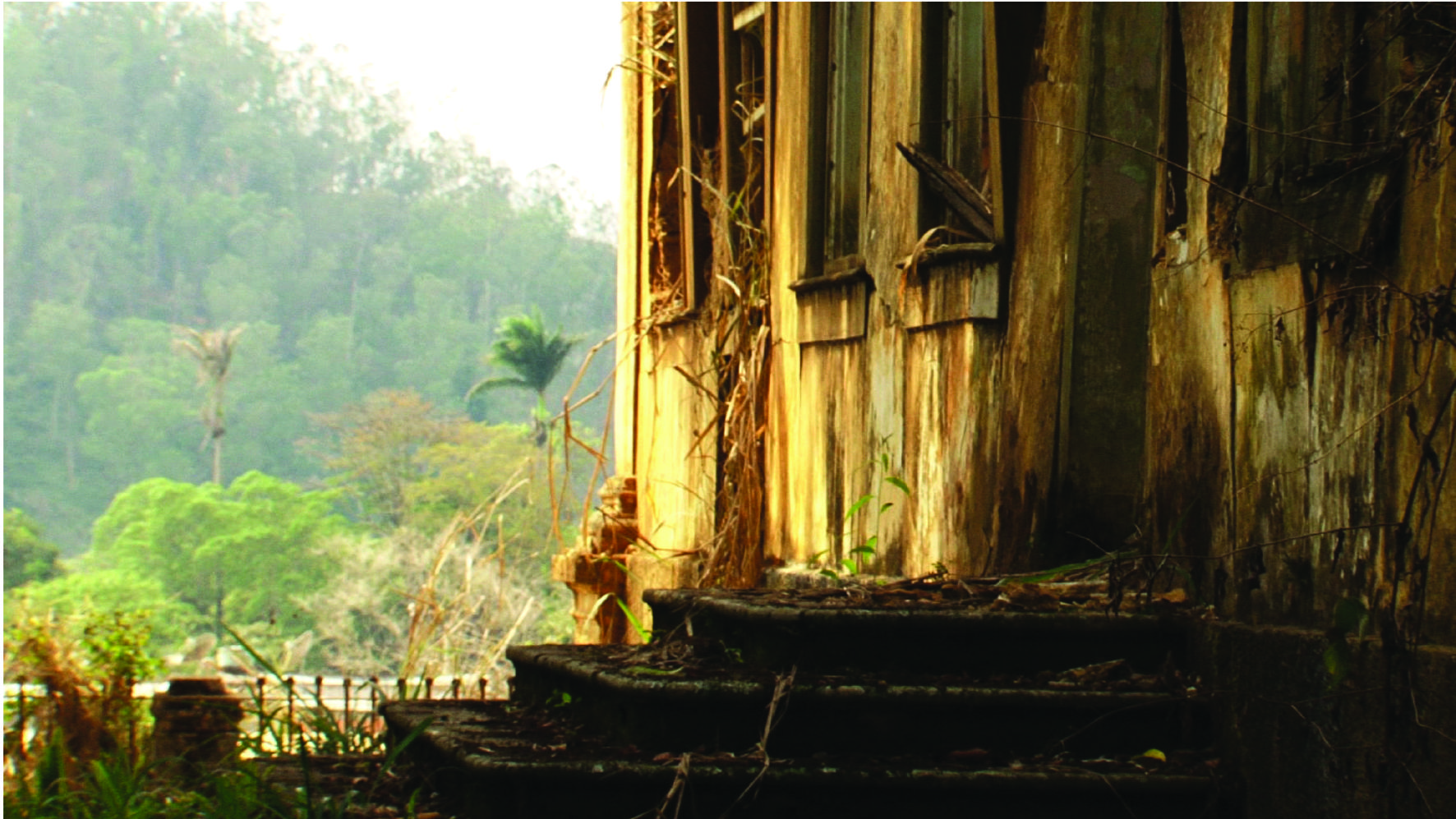Date:
Location:

Speaker: Hebe Mattos, Professor of History, Universidade Federal de Juiz de Fora (Minas Gerais, Brazil); Distinguished Visiting Scholar, Georgetown University
Moderator: Sidney Chalhoub, Professor of History and of African and African American Studies, affiliated with Romance Languages and Literatures
Mattos´ presentation will discuss the production of racial silence in Brazil as a historical process related to the trauma of slavery and the construction of the monarchical nation-state in 19th century Brazil. She will also discuss the sensitive memorialization of slave descent in contemporary Brazil.
Hebe Mattos teaches Brazilian History at the Universidade Federal de Juiz de Fora and in the Universidade Federal Fluminense´s Graduate Program of History. She coordinates the Memory of Slavery Project within The Oral History and Image Lab in both universities (LABHOI/UFF/UFJF) and she is currently a Distinguished Visiting Scholar at Georgetown University. Mattos has researched and written extensively on the history of slavery, memory, and post-emancipation society in Brazil. Together with Martha Abreu, she co-directs the Present Pasts documentary research films (http://www.labhoi.uff.br/passadospresentes/en/filmes_passados.php).
Sidney Chalhoub taught history at the University of Campinas, Brazil, for thirty years. He moved to Harvard in July 2015. He has published three books on the social history of Rio de Janeiro: Trabalho, lar e botequim (1986), on working-class culture in the early twentieth century; Visões da liberdade (1990), on the last decades of slavery in the city; and Cidade febril (1996), on tenements and epidemics in the second half of the nineteenth century. He also published Machado de Assis, historiador (2003), about the literature and political ideas of the most important nineteenth-century Brazilian novelist, and co-edited five other books on the social history of Brazil. His most recent monograph is A força da escravidão: ilegalidade e costume no Brasil oitocentista (2012), on illegal enslavement and the precariousness of freedom in nineteenth-century Brazil. Chalhoub has been a Visiting Professor at the University of Michigan (1995, 1999, 2004), a Tinker Visiting Professor at the University of Chicago (2007), and a research fellow at Stanford University (2010-11) and in the International Research Center “Work and Human Lifecycle in Global History” (Re:work) at Humbold Universität, Berlin (2013). He was a founder of and remains associated with the Centro de Pesquisa em História Social da Cultura (CECULT), University of Campinas.
